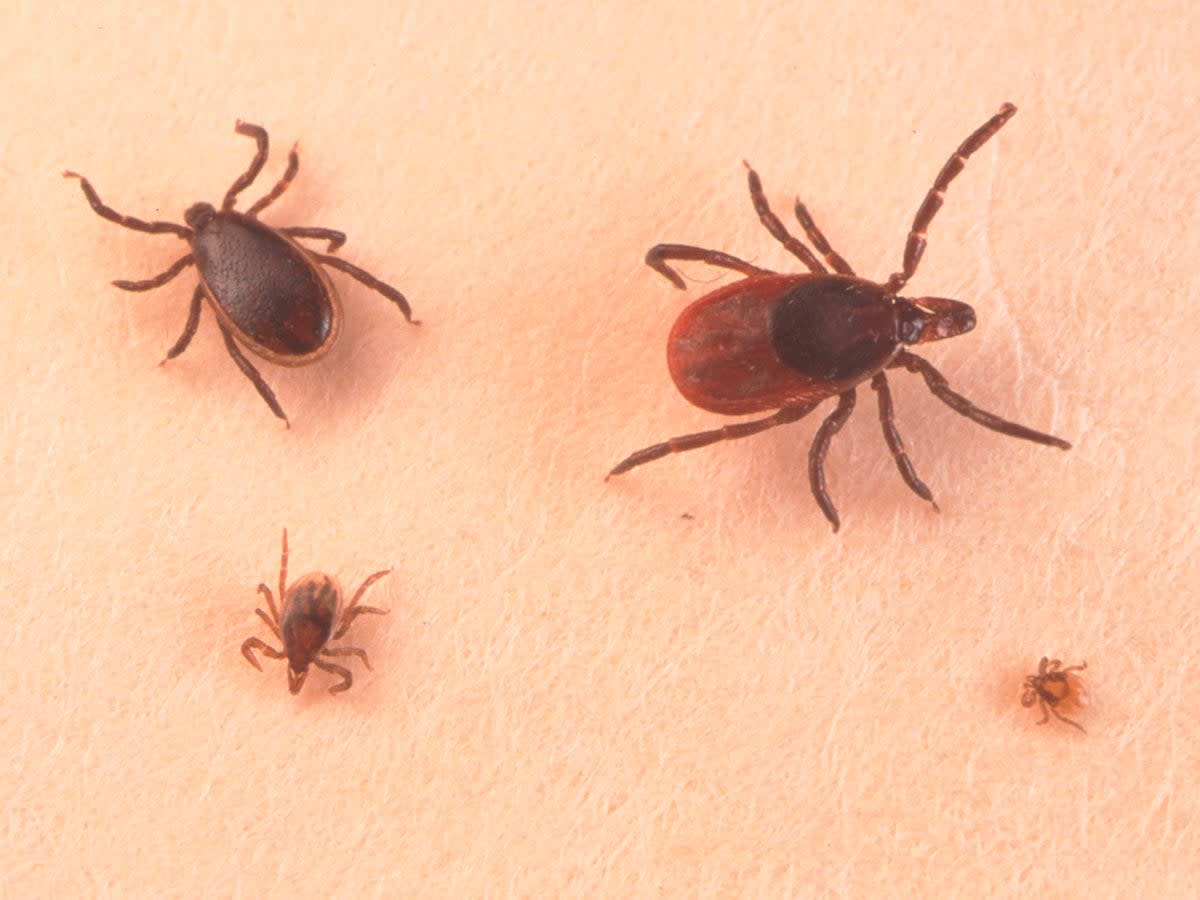What is Powassan virus?

A Connecticut woman in her 90s has died of the rare Powassan virus, according to the state’s Department of Public Health, the second case recorded there this year.
The deceased is understood to have been taken ill with the rare disease after being bitten by a tick early last month. She was subsequently hospitalised, her condition worsened, and she passed away on 17 May.
In April, a man in Maine was killed by the same virus after developing a neurological condition.
The Powassan virus is typically transmitted to humans from bites by infected deer ticks, groundhog ticks or squirrel ticks, most commonly in the Great Lakes region of North America between late spring and mid-autumn.
According to the Centres for Disease Control and Prevention, most people who contract the virus do not experience symptoms but those who do might face fever, headache, vomiting and weakness from one week to a month after being bitten.
However, it can cause serious illness in around one in ten cases including infection of the brain (known as encephalitis) or the membranes surrounding the brain and spinal cord (meningitis).
In such instances, symptoms might include confusion, loss of coordination, difficulty speaking and seizures and result in long-term health problems in 50 per cent of severe cases.
There is currently no vaccine for the Powassan virus or medication to treat it so the public is advised to take preventative measures when outdoors by knowing the terrain in which ticks might thrive (tall grass, bushes and woodland) and wearing permethrin-treated clothing and gear that offer protection against bites.
Those who believe they have contracted a severe case of the disease should seek hospital care.
The good news is that the virus is extremely rare, with only 10 cases reported between 2011 and 2014, although there is reason to believe it could gradually be becoming more of a threat, given that Connecticut alone has seen 12 cases between 2017 and 2021, only two of which proved fatal.
State health commissioner Dr Manisha Juthani cautioned that the most recent death from the virus serves as a reminder to “take actions to prevent tick bites from now through the late fall”.
“Using insect repellant, avoiding areas where ticks are likely, and checking carefully for ticks after being outside can reduce the chance of you or your children being infected with this virus,” she advised.

